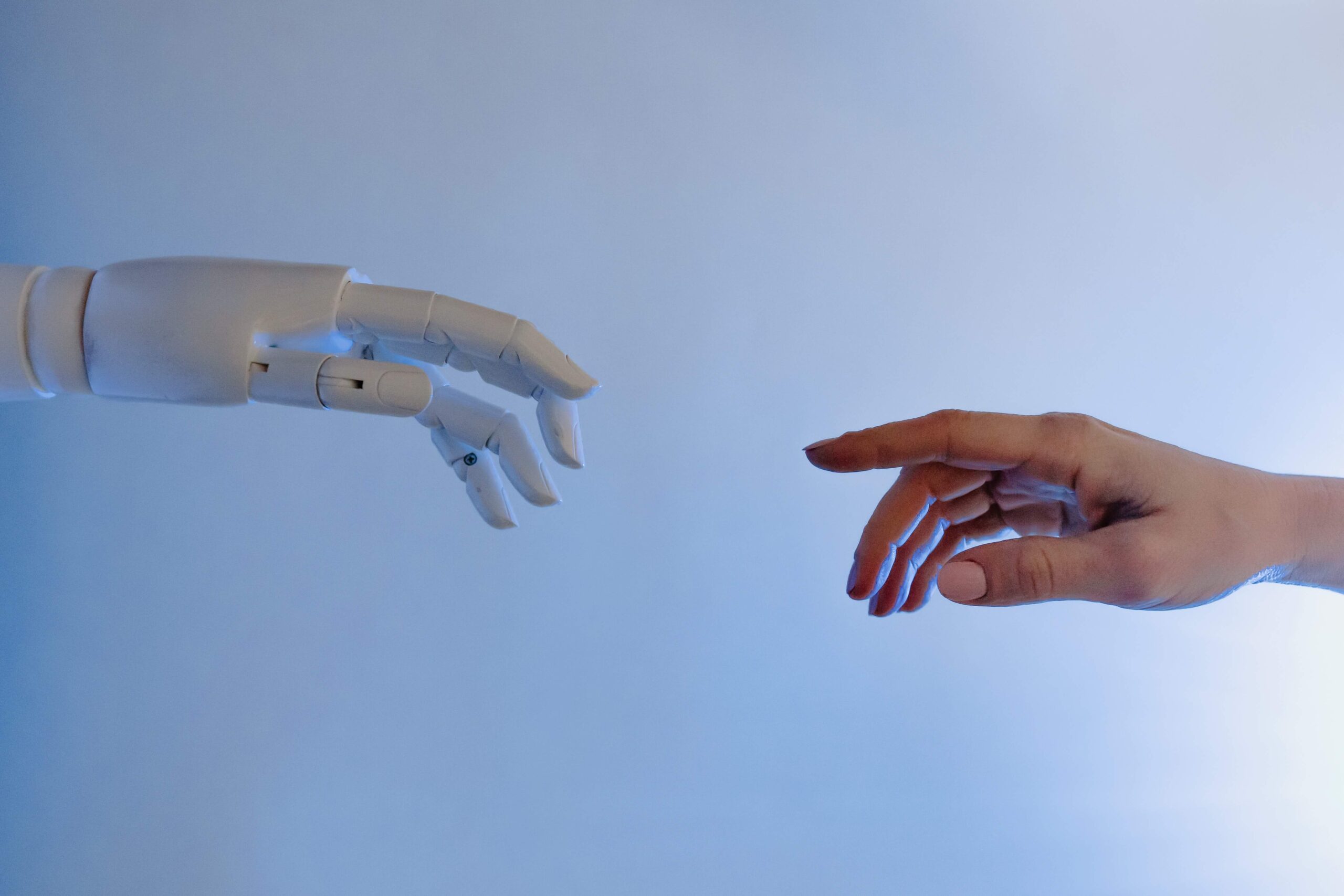Artificial intelligence (AI) has made remarkable strides in recent years, and its potential to revolutionize industries and change how we live our lives is undeniable. However, as AI becomes more sophisticated and capable, there are concerns that it could replace human workers, including artists.
The idea of A.I. taking over creative jobs such as painting, writing, or composing music is familiar. Some argue that machines can learn to emulate human creativity and produce works of art that are indistinguishable from those made by humans. Proponents of this viewpoint to the success of AI-generated art, such as the portrait “Edmond de Belamy,” which was sold for $432,500 at Christie’s in 2018.
While AI-generated art is undoubtedly impressive, it raises crucial questions about human creativity’s role and artistic expression’s future. Will AI eventually replace human artists, or will it complement and enhance our creative abilities?
One of the main arguments in favor of AI-generated art is its efficiency. Machines can create works of art much faster than humans and can produce vast quantities of art at a fraction of the cost. AI-generated art may become increasingly popular in industries where time and cost are critical factors, such as advertising or fashion.
Creativity is not just speed or efficiency but a complex process that involves imagination, intuition, and emotion. AI-generated art may need more authenticity and the soul of human-created art.
Art is not just the final product but the journey of self-expression and discovery that leads to the finished work. Art reflects humanity, culture, and history. AI-generated art may need more personal touch and individuality.
Another vital aspect to consider is the social impact of AI-generated art. If machines start producing most of the art we consume, what will we lose the diversity and richness of artistic expression? Will the art world become dominated by a handful of tech companies producing art?
In conclusion, while AI-generated art is impressive and has potential applications in specific industries, it is unlikely to replace human artists altogether. Art is a deeply human activity that involves much more than technical proficiency or aesthetic appeal. It reflects our emotions, experiences, and culture and plays a vital role in our society. While AI may complement and enhance our creative abilities, it cannot replicate the essence of human creativity. The future of art will depend on how we balance the potential benefits of AI with the importance of human expression and creativity.
Does A.I. Generated Art Violate Copyright Law?
Whether AI-generated art violates copyright law is a complex and evolving issue. In general, copyright law protects original works of authorship, including art, music, and literature, from unauthorized copying, distribution, and use. The law grants the copyright owner exclusive rights to reproduce, distribute, and display their work and to create derivative works.
AI-generated art challenges and uncertainties. One of the critical issues is authorship. If an AI system creates a work of art, who is the author of that work? Is it the human who created the AI system, the programmer who wrote the code, or the machine itself?
In some cases, the answer to this question may depend on the level of human involvement in the creative process. If the human has simply set the parameters and let the AI system generate the art, it may be difficult to argue that the human is the sole author. On the other hand, if the human has played a more active role in the creative process, such as by selecting or modifying the final output, they may have a stronger claim to authorship.
Another issue is the question of whether AI-generated art constitutes a derivative work. In copyright law, a derivative work is a new work based on or incorporating existing work elements. If an AI system creates a work of art based on a current work, such as a photograph or painting, it may be considered a derivative work and subject to the same copyright protections as the original work.
Whether AI-generated art violates copyright law is a complex and evolving issue that will likely require further legal and policy developments. As AI technology continues to advance and become more prevalent in creative industries, it will be necessary for lawmakers, artists, and tech companies to work together to address these challenges and ensure that copyright law remains relevant and effective in the digital age.
